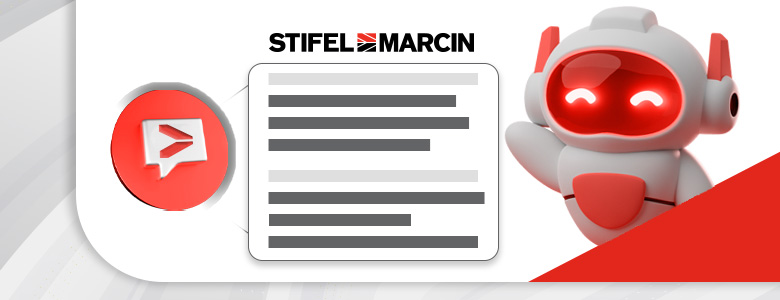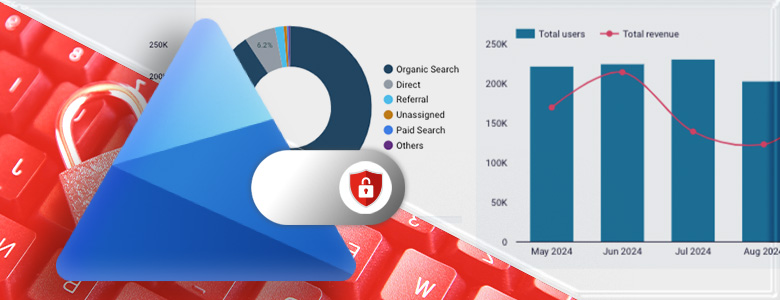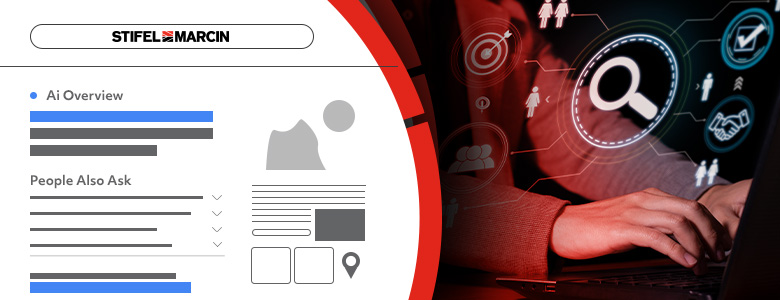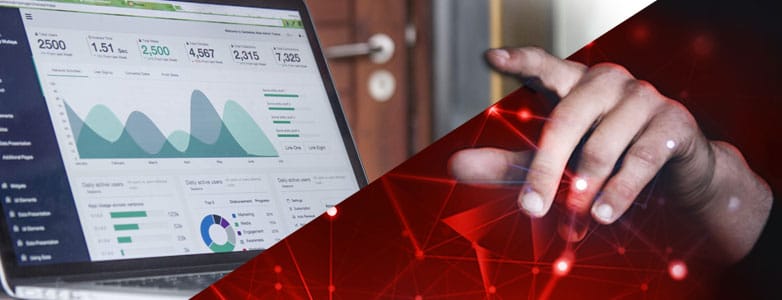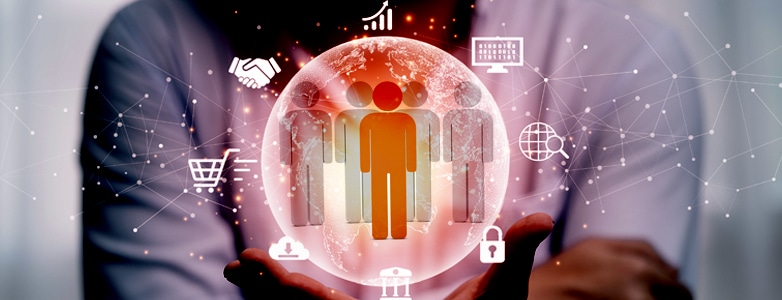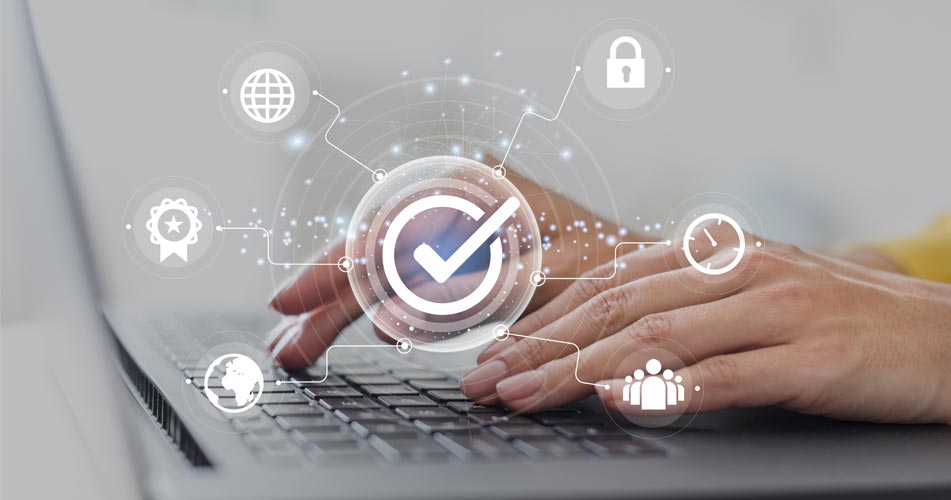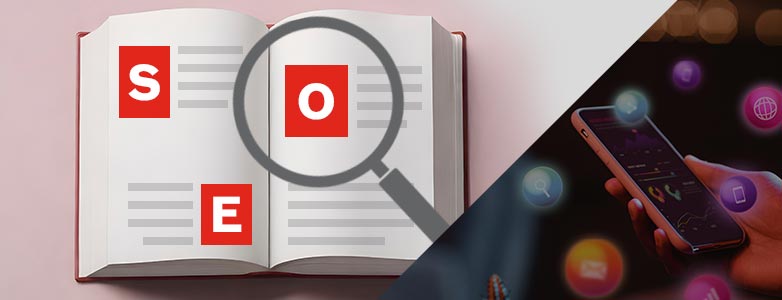Using Chatbots for Lead Gen: How AEO Drives Better B2B Results
Across industries people expect fast, useful answers when they search online. To support this, many B2B buyers are turning to conversational tools like AI chat to find information, evaluate suppliers, and start the procurement process. Answer Engine Optimization (AEO) focuses on structuring website content so it can be understood and referenced accurately by AI tools, answer engines, and conversational search experiences. When content is formatted around natural-language questions, these systems can deliver clearer, more direct responses to users. For marketers, strategically targeting chatbots for lead generation can create an opportunity to engage prospects at key moments of interest. When supported by AEO, chatbot responses become more accurate and aligned with buyer intent because the underlying content is structured for the way people and AI tools ask questions and retrieve information. Together, these strategies help generate more qualified leads and strengthen your brand’s visibility across modern search experiences. A Short Note on Website Chatbot Pop Ups Website chatbot pop ups are separate from AEO. While we can certainly add them to a website, these pop ups can assist with routing or answering simple questions, but they rely entirely on the quality of the underlying content. They won’t help your rankings and do not connect with tools like ChatGPT or Gemini to influence your rankings or AI content references. An AEO review can help you understand whether your content is positioned to perform well in AI search experiences and support accurate chatbot responses. Even small adjustments can strengthen visibility and lead quality. Why Chatbots Are a Valuable Lead Gen Tool B2B buyers often research outside regular business hours, or when they dedicated blocks of time, to look for specific details like technical specs, delivery timelines, or service capabilities. Chatbots allow businesses to engage these visitors immediately. It was recently documented that more than 60% of B2B buyers have used chat to research suppliers or solutions. Another study found that chatbot interactions can reduce average response time by over 90%, helping companies meet expectations for instant engagement. Together these data points emphasize the increased acceptance of chat tools as a reputable source of information in business-to-business segments. Key advantages of using chatbots for lead gen include: Timely, personalized and topic-relevant interactions can turn first time visitors into qualified leads, setting the stage for stronger performance when paired with AEO strategies. How AEO Strengthens Chatbot Content and Buyer Support A chatbot is only as helpful as the information behind it. While chatbots themselves don’t influence search rankings, the content that powers them can be strengthened through AEO. Answer Engine Optimization focuses on structuring information around natural-language questions, helping your website be listed more clearly when buyers search. Benefits of applying AEO principles to your website content include: As buyer expectations for specific information increase, aligning chatbot scripts with AEO-driven content can support stronger conversion rates. This is why it is important to regularly review and update to keep content relevant as the buyers needs and search behaviors shift. Our digital experts can also assist you with B2B SEO audit services designed to strengthen your online presence and improve the quality of your website content. Aligning Chatbot Content with Buyer Intent B2B buyers rarely use broad or vague terms. They search for specific solutions, product types, or service details. More than half now use conversational or voice search to find targeted products or suppliers, making intent alignment a critical factor in chatbot strategy. To better reflect buyer needs, chatbot content should: These practices help create interactions that feel useful and relevant, building confidence with potential customers. Positioning Your Brand as an Expert Resource Using chatbots for lead gen is about more than capturing contact information. A well-designed delivers helpful, topic-focused answers that demonstrate your organization understands buyer challenges and provides informed solutions. Studies show that buyers are nearly three times more likely to engage with companies that offer clear, authoritative answers early in their research. Consistently delivering this kind of value strengthens your reputation with both buyers and search engines. AEO and SEO alignment help position your brand as a trusted resource while ensuring your chatbot conversations are easy to find and easy to act on. How Stifel Marcin Supports AEO and Chatbot Optimization A successful chatbot strategy goes far beyond adding a widget to your site. It requires understanding buyer intent, optimizing for AEO, and connecting lead generation tactics to your broader business goals. Our team brings more than 20 years of B2B marketing expertise, including SEO, content strategy and digital engagement. We help companies: These efforts support digital performances and help connect your brand with qualified prospects at the right time. Explore our integrated marketing services and then reach out for a free consultation. Our experts are here to help you create powerful impact. Modernizing Lead Gen for Today’s Search Landscape The way B2B buyers search is evolving. AI-driven experiences and conversational search are becoming the norm. By combining chatbots with AEO, your brand can stay ahead of this shift, delivering fast, accurate answers while guiding qualified leads toward meaningful action. Stifel Marcin can help you build a strategy that connects chatbot functionality with proven AEO and SEO best practices. Give us a call and let’s start the conversation. Stifel-Marcin – The B2B Marketing Agency Unlike many advertising and marketing agencies, B2B isn’t just something that we do, it’s all we do. We’ll work to help your brand achieve its goals through the strategic combination of creativity, communication and technology. Our focused client intake processes gives us the ability to thoroughly understand your business, products and objectives, working to identify the competitive advantages and opportunities that will grow awareness, leads and sales. As your cooperative partner, our integrated B2B marketing agency is dedicated to your success. If you have questions about AEO services or using chatbots for lead generation, contact us today.
Using Chatbots for Lead Gen: How AEO Drives Better B2B Results Read More »

